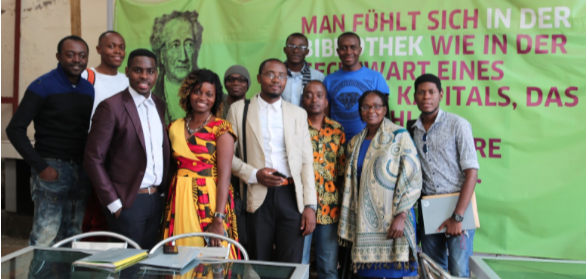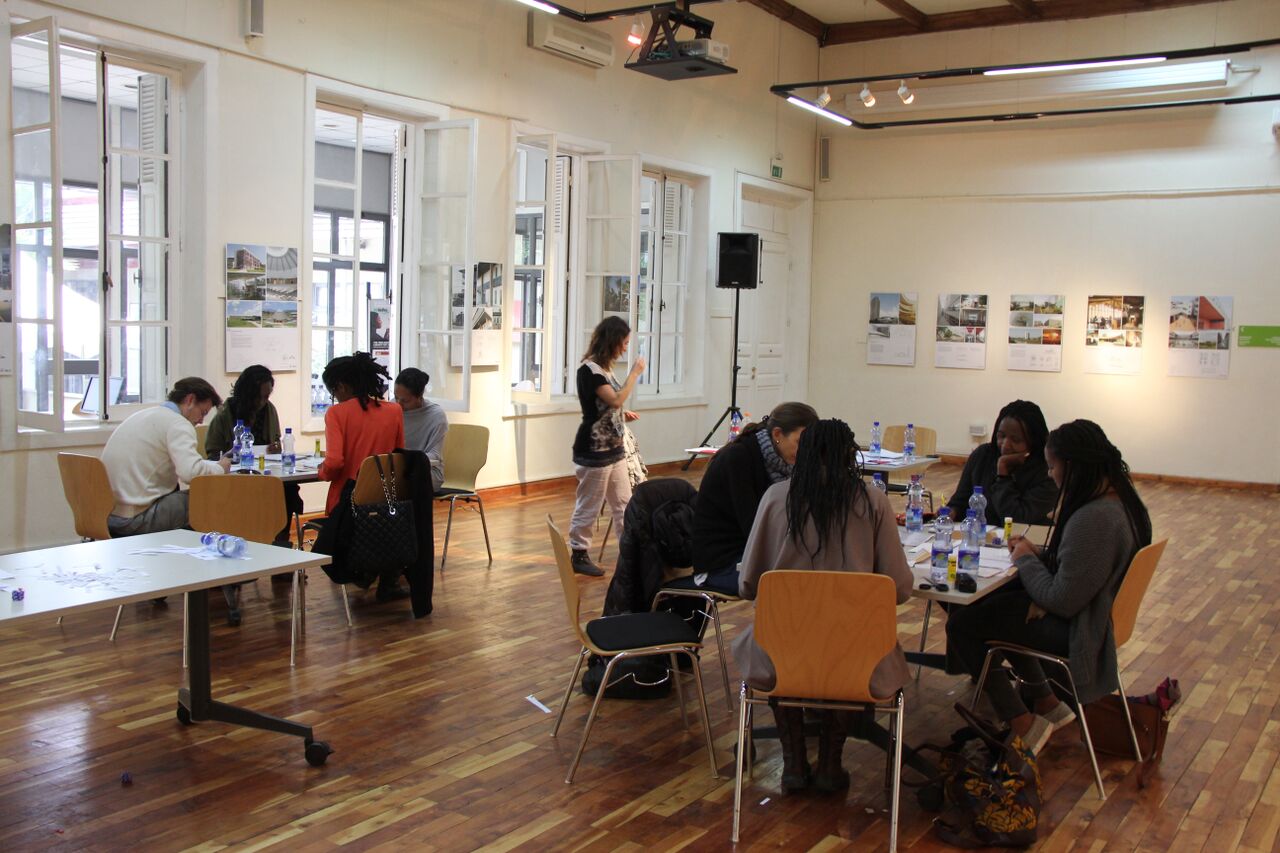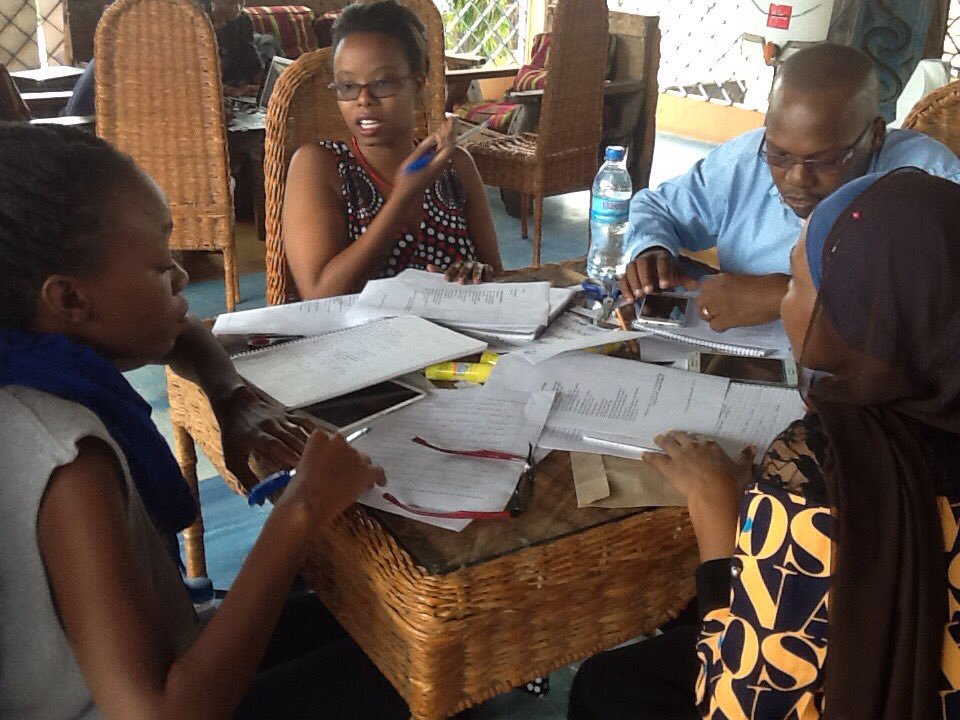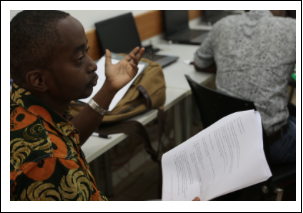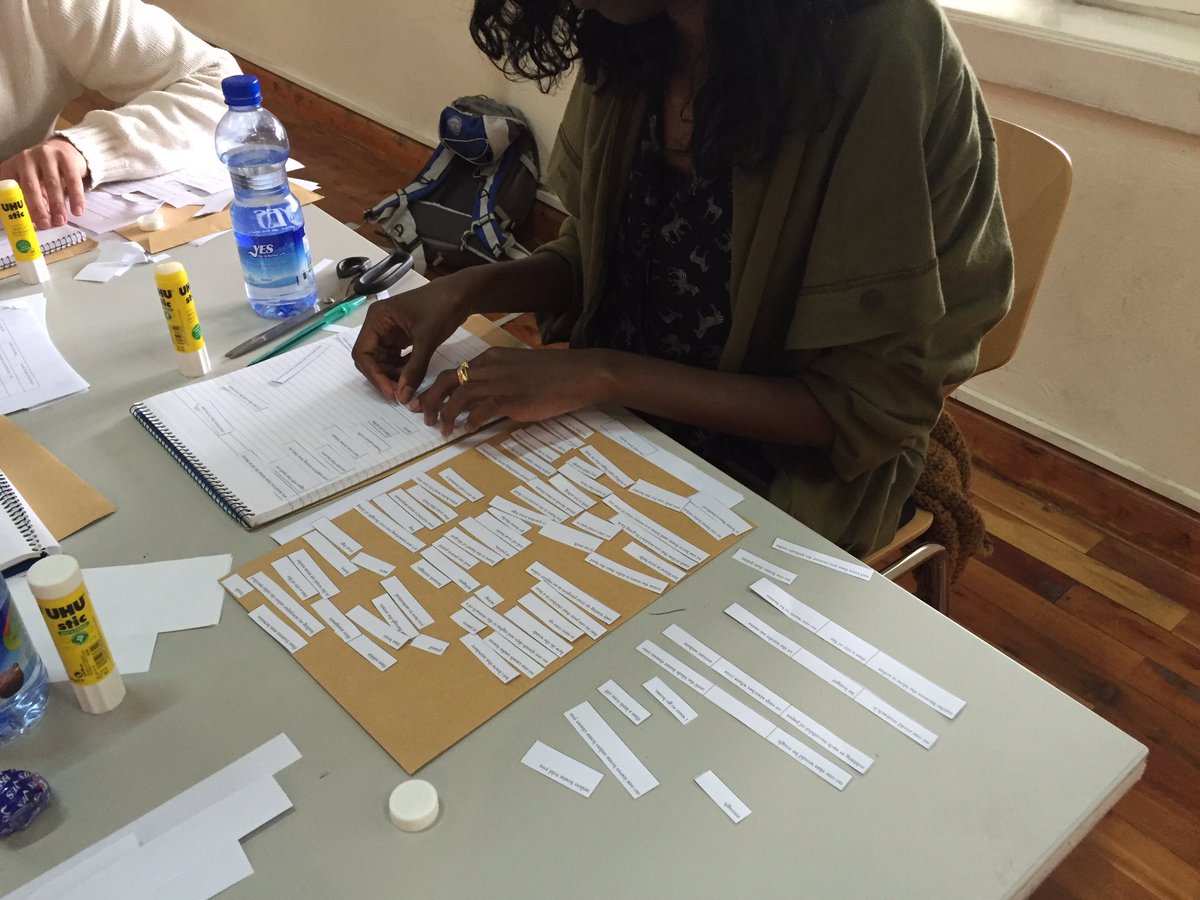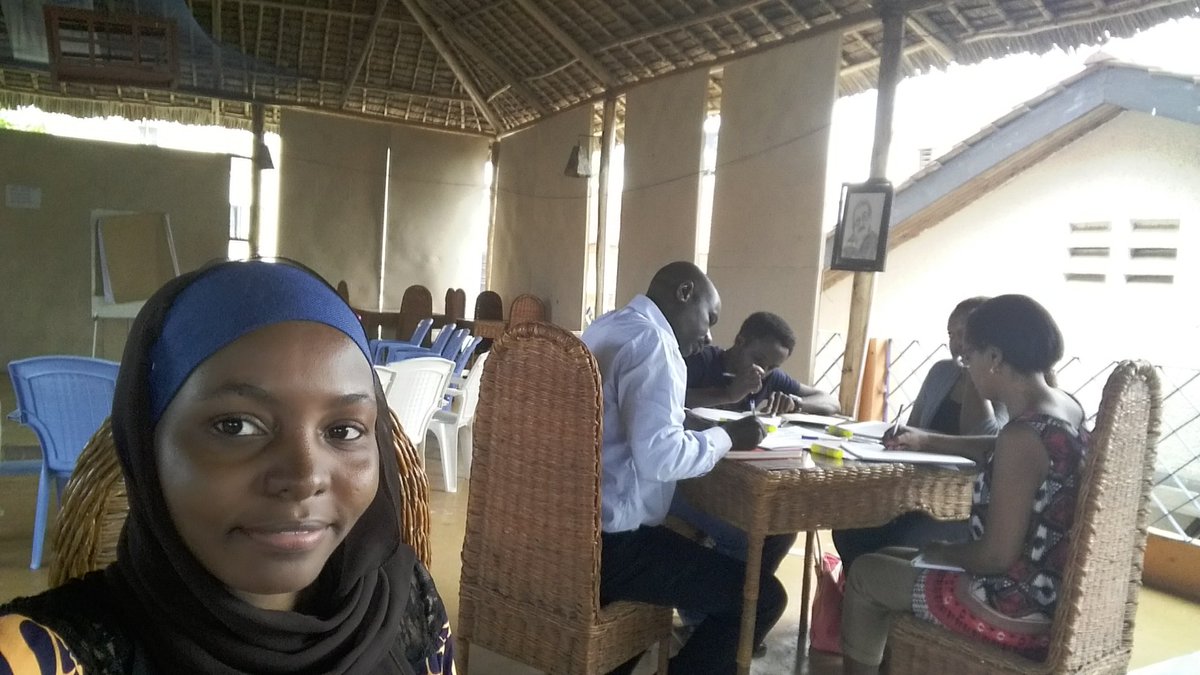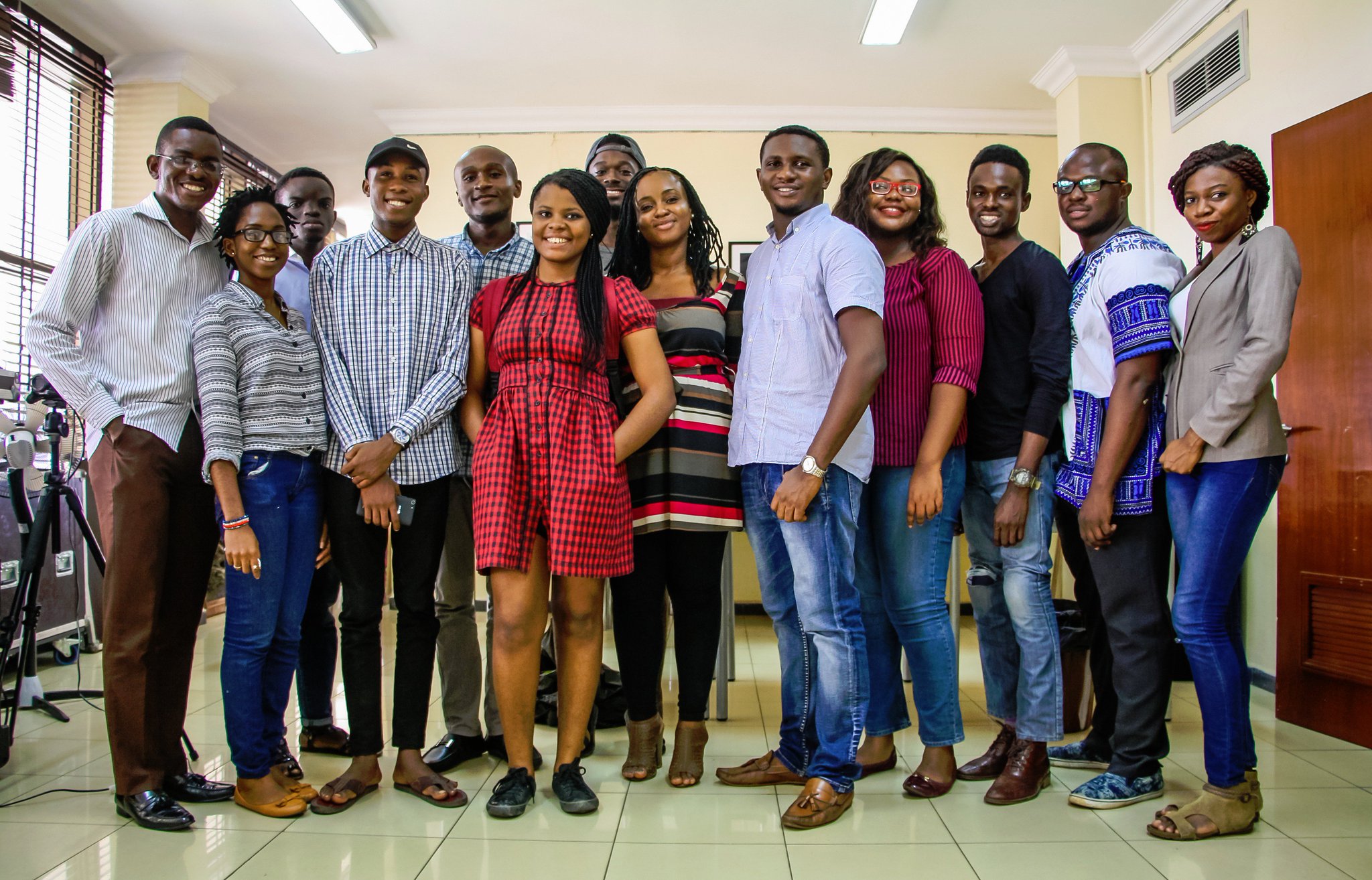Akwaeke considers her blessing and trial of multiple heritages in a lovely excerpt from her memoir. With a maturity belying her years and a deftness of touch her personal story of placelesness is superbly written and moving. Part of 'Who Will Claim You?' was originally published by Commonwealth Writers in 2015.
So, as a child, I daydreamed about going back to Malaysia. I thought I would belong there; that everything would click into place like I had been lost and then found. But when we visited Kuala Lumpur, people stopped on the street and stared at us like we were exhibits, my mother and her Nigerian children. It made me want to go home. On another trip, a Malaysian immigration officer asked my brother the purpose of his visit.
“We’re visiting our family,” my brother said. “Staying with my uncle.” The officer called another over to look at his passport and they laughed together in Malay. My brother stood there patiently—tall and broad-shouldered, dreadlocks spilling down the small of his back. He had moved to Kuala Lumpur when he was seventeen and lived there for years. He pretended not to understand them. After they let us all through, I asked him what they said and he smiled. He was used to this.
“They said, ‘Look at this one. As if we’ll really believe he has a Malaysian uncle.’”
In New York, at a Malaysian jerky shop in Chinatown, one of my friends laughed and told the proprietors, “You know, she’s actually half Malaysian.” The men looked at my face and my skin and my hair, curled up into a cloud. They put polite smiles on their faces but the word liar stayed flat in their eyes.
The men looked at my face and my skin and my hair, curled up into a cloud. They put polite smiles on their faces but the word liar stayed flat in their eyes.
America was different. There, the people who looked like me had branched and blurred blood, invaded by unwelcome tributaries. Once I started college, I was just Nigerian, without the qualifiers detailing my mother. No one had time to be calculating my fractions. When I ran into other Nigerians, they would wipe their eyes over me. “You’re Ethiopian, right?”
“No. Igbo.”
“Ehn? You’re Nigerian??” Their disbelief was common. I knew the question under the question so I answered it.
“My mother’s Malaysian.”
They would smile like they’d won. “Eh henh! I knew there was something!”
America didn’t pay attention to any of that. America said I was Black, stamped me with the country of my passport, and threw me into her belly. At college, I met my first Trinidadian friends—scholarship football players who grew up eating curry like I did, who introduced me to soca and chutney music. When a friend from Cameroon cut up sweet dough and fried it into chin-chin, the Trinidadians called it kurma, like my mother did back in Aba. I didn’t understand how they could have the same words, even for things like the Chinese haw flakes my mother brought over from Malaysia; thin circles of pressed red fruit that we all called Holy Communion. I wanted to know how they could look like me but have a place, a real place, where no one called them foreigners or liars.
My mother phoned me once from her desert condo while watching a Trinidadian film. “It’s so strange!” she said. “They look Indian but they sound like West Indians!” She sent me a picture of her TV screen, women in saris walking in greenery. “Weird lah.”
She’d moved to America after living in Saudi Arabia for almost a decade, relocating from one desert to another and settling in the Southwest. She taught me how to tie a sari in the bedroom of her first apartment there, standing on beige carpeting as the sun bounced off plastic blinds. We let the silk run through our hands, all six yards of it, draping it over the ironed cotton of the petticoat she’d tightened at my waist, folding and pleating and tucking carefully until there was only the loose mundani left to be thrown over my shoulder. When I got engaged a few years later, we went to Southall with one of my aunts to look for a wedding sari. I wanted embroidered silk, but shopkeeper after shopkeeper told us it was impossible.
“That’s old-fashioned,” they said. “Chiffon is in style now.” They held out armfuls of billowy thinness, tacked all over with sequins, georgette brushing against the shelves. It was evening before we found a shopkeeper who had a stack of silk saris in the back of his store. I chose one in gentle cream, green leaves and stitched petals with gold thread. It sits in a suitcase in my mother’s wardrobe now, smothered in plastic, never worn.
There are always two wedding saris. The first is white or ivory, wornduring the ceremony, purchased by the bride’s family. The second is the kurai, a gift from the groom, embroidered in gold and worn at the reception. When my grandparents married in 1943, my grandmother was seventeen and Malaysia was occupied by the Japanese. It was impossible, given the occupation, to find saris, but somehow my grandfather did. He gifted her a kurai in deep coral, intricate gold borders lying on forest green. My grandmother wore it every year on their anniversary, sixty-five times, and when he died, she folded up the kurai and laid it in the coffin with him.
Akwaeke Emezi's debut novel, Freshwater, is forthcoming from Grove Atlantic in the winter of 2018. Read her #WriterWednesday interview with Diane Awerbuck here.






